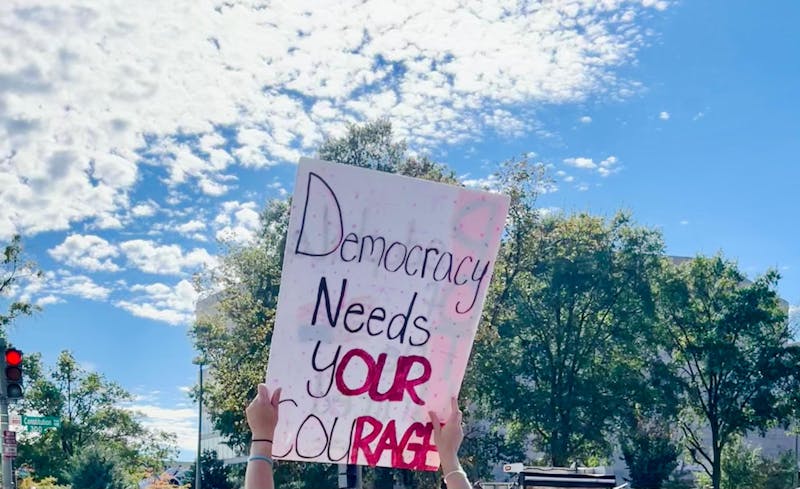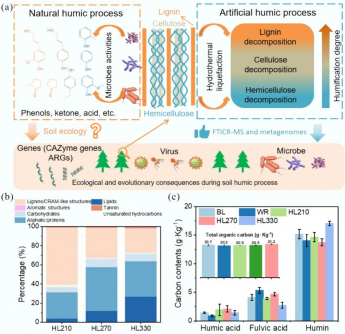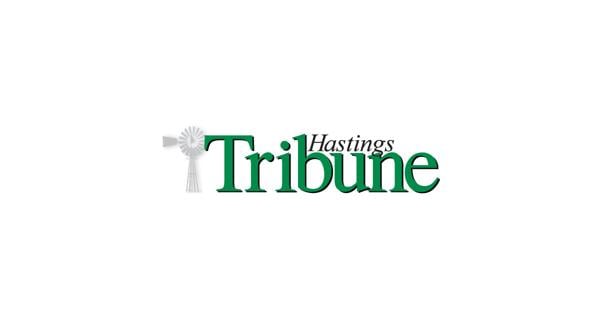In a powerful reflection on the current state of freedoms and opportunities in the United States, Deviana Dewi, a PhD candidate at Johns Hopkins University, expresses her deep concerns regarding recent legislative proposals that threaten the nation’s values. On October 26, 2025, Dewi highlighted the potential implications of a proposed $100,000 fee for H-1B skilled foreign worker visas and the introduction of the American Tech Workforce Act, which could eliminate the Optional Practical Training (OPT) program.
Historical Context of American Innovation
Dewi’s journey to the U.S. for her doctoral studies was motivated by the country’s historic role as a beacon of innovation and knowledge. She cites the profound impact of American universities, which have been pivotal in advancements ranging from the moon landing to the development of chemotherapy. This legacy, rooted in significant government investment in research since the post-World War II era, has attracted global talent, including many who fled persecution in their home countries.
The foundation of America’s reputation as a “land of the free” lies in its commitment to the rule of law and equal opportunity for all. Dewi references the influential report “Science, The Endless Frontier” by wartime science advisor Vannevar Bush, commissioned by President Franklin D. Roosevelt, which argued for federal support of basic research as vital for national security and public welfare.
A Crisis of Freedom and Values
As Dewi navigates her academic journey, she perceives a troubling trend in the erosion of freedoms and values that once defined the United States. She emphasizes that true freedom is not merely the absence of constraints but the ability to do what is right. In quoting Pope Saint John Paul II, she asserts, “Freedom consists not in doing what we like, but in having the right to do what we ought.” This perspective highlights the integral relationship between freedom and the law, which provides a framework for distinguishing right from wrong.
Dewi expresses concern over a political environment where leaders may position themselves above the law, undermining the essential balance of power that democracy requires. This sentiment resonates in her observations of public discourse in the U.S. She notes a tendency for political discussions to devolve into partisanship rather than focusing on shared values and the pursuit of truth.
Her critique extends to recent legislative proposals that she believes threaten the principles of meritocracy and equal opportunity. The proposed $100,000 fee for skilled foreign worker visas is particularly alarming to her. Dewi argues that this measure, intended to prioritize American workers, could instead alienate global talent and hinder innovation in the U.S.
Additionally, the potential end of the OPT program, which allows international students to gain practical experience in their fields post-graduation, raises further concerns. Dewi warns that such actions could push skilled workers toward countries like the United Kingdom, Canada, and Australia, which are actively working to attract foreign talent.
“If these proposals go unchallenged, America risks losing its standing as a leader in innovation and opportunity,” she states, emphasizing that undermining equal opportunity contradicts the very values the U.S. professes to uphold.
As a voice for international students, Dewi urges her peers and the public to engage with elected officials. She encourages individuals to call their representatives to voice their concerns about policies that could undermine the values of freedom and equality. “The ability to ignore politics is privilege in action,” she asserts, reminding readers that many are directly affected by policies that may seem distant to others.
In closing, Dewi reflects on her identity as a Christian and an Indonesian in a time designated by Pope Francis as a Jubilee Year, a period of hope. She believes that hope is essential for action, stating, “Knowing what is right matters — but acting on that knowledge is what makes the difference.” Her call to action serves as a reminder that defending the core values of freedom, equality, and justice is a collective responsibility that transcends individual backgrounds.
Deviana Dewi’s insights illuminate the complex interplay of values, laws, and opportunities in the U.S., urging a reevaluation of policies that could reshape the nation’s future. As debates around immigration and employment continue, her perspective highlights the importance of safeguarding the principles that have defined America as a land of opportunity for all.







